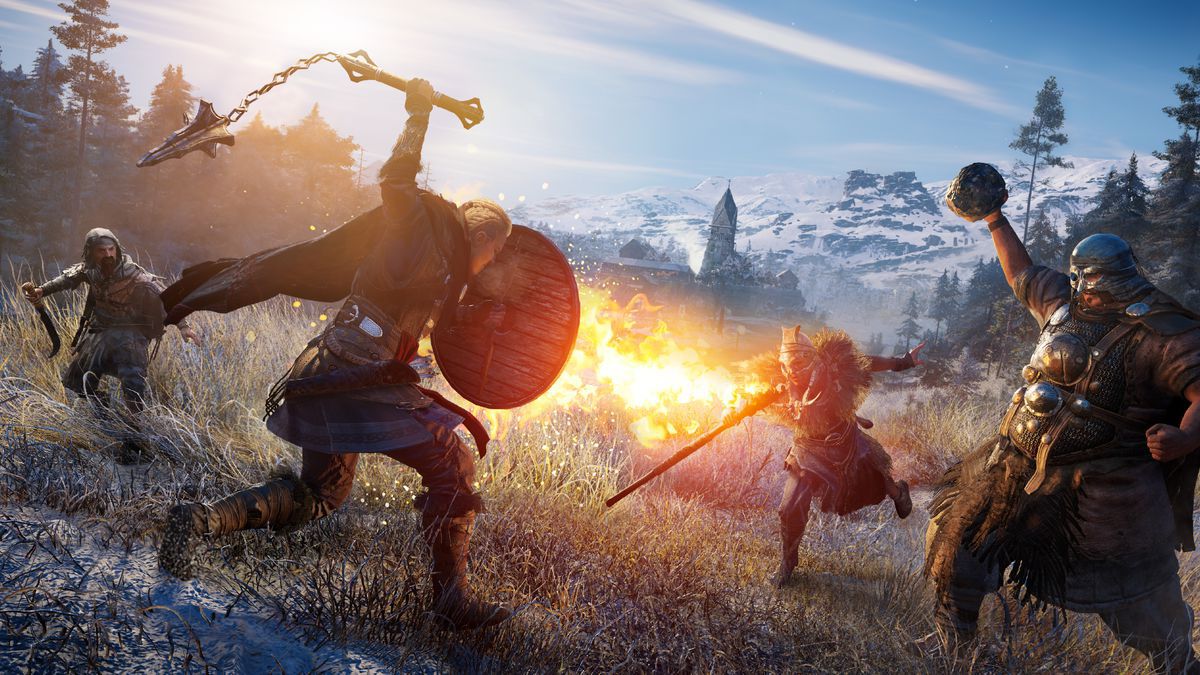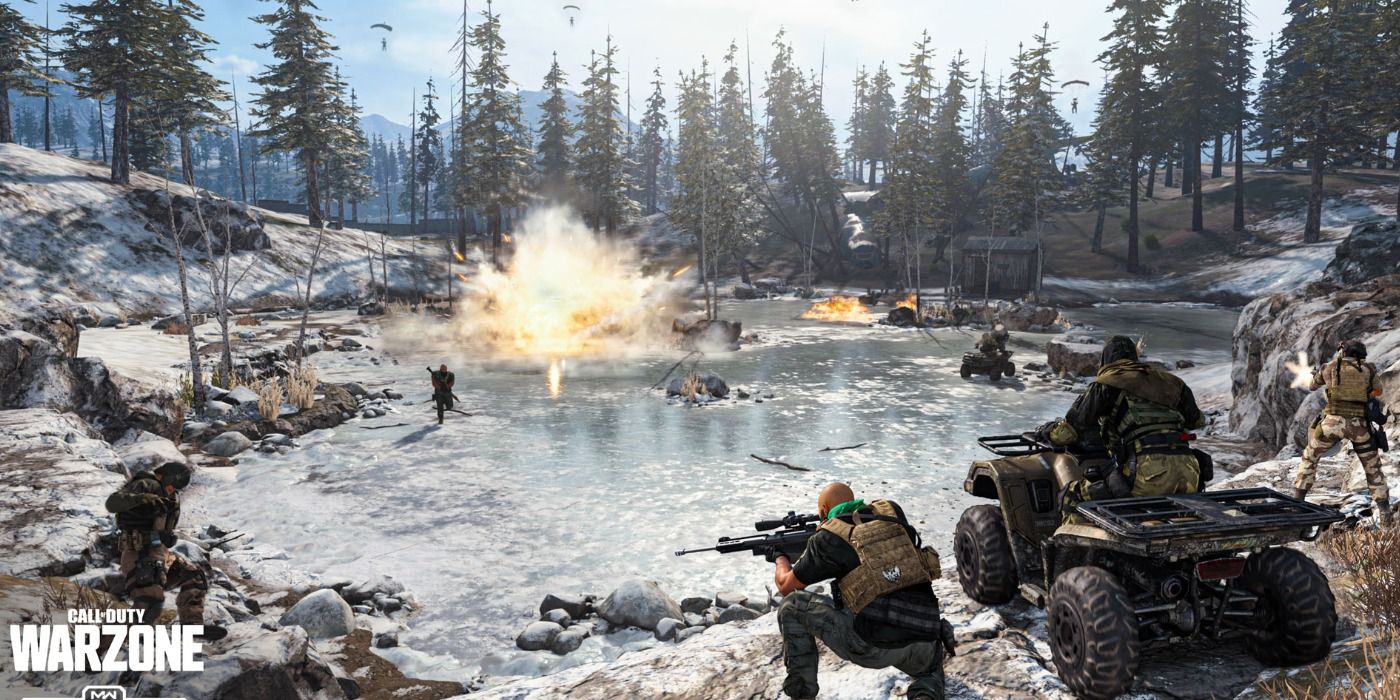Next-gen consoles typically signify a shift in the industry. Not only do they allow video games to become more graphically impressive, but they also introduce new innovative mechanics that were previously impossible. Although these changes are usually positive, there are a few downsides in transitioning to the next console generation, one of the biggest being next-gen games' price.
The sudden price hike in video games has more than a few gamers hesitant to make the jump to the next console generation. Many AAA titles will now cost $70 at launch, $10 more than the previous generation. Although the sudden price hike took many gamers by surprise, modern video games have cost at least $70 for quite some time. While the base price of a video game's been $60 since the seventh console generation, most require gamers to shovel out additional funds to unlock the full experience.
The creation of loot boxes and microtransactions has completely reshaped the video game industry. Instead of hiding extra content behind difficult in-game challenges, people are now expected to buy additional content through the online store. More games require players to buy new levels, characters, outfits, and weapons through egregious microtransactions than ever before, costing the consumer much more than the initial $60 purchase.
Video game companies produce so many different versions of a game that it can sometimes be hard to know which one is the complete game. Games like Assassin's Creed Valhalla have a Gold Edition, Ultimate Edition, and a Standard Edition just on the digital marketplace (there’s also a Collector's Edition that isn't available on the online store). Some Gold and Ultimate Editions can cost gamers more than $100 just for a single game. While the base game still hovers around $60, it doesn't feature nearly as much content as the other editions. Players have to pay a premium price that is nearly double the base game if they want the full experience.
Some people may defend the next-gen price hike due to the ever-growing cost of video game development. Although the price of video games has shot up drastically in the last decade, video game companies are also making more money than ever before. Activision-Blizzard made $1.95 billion in revenue between July and September of 2020. $1.2 billion of its profits came solely from in-game microtransactions. It doesn't make sense to raise a game's price if the companies continue bringing in record-breaking profits year after year.
Video game prices have slowly been going up for longer than most people realize. Companies are hiding more and more content behind outrageous paywalls than ever before, forcing players to shovel out more money to experience the full game. Microtransactions and other monetization tactics have made video games more profitable than ever, proving the price hike to be completely unnecessary in most cases. Although there's a lot to look forward to with next-gen consoles, the $70 price tag might cause some gamers to stick with their last-gen systems a bit longer than expected.



